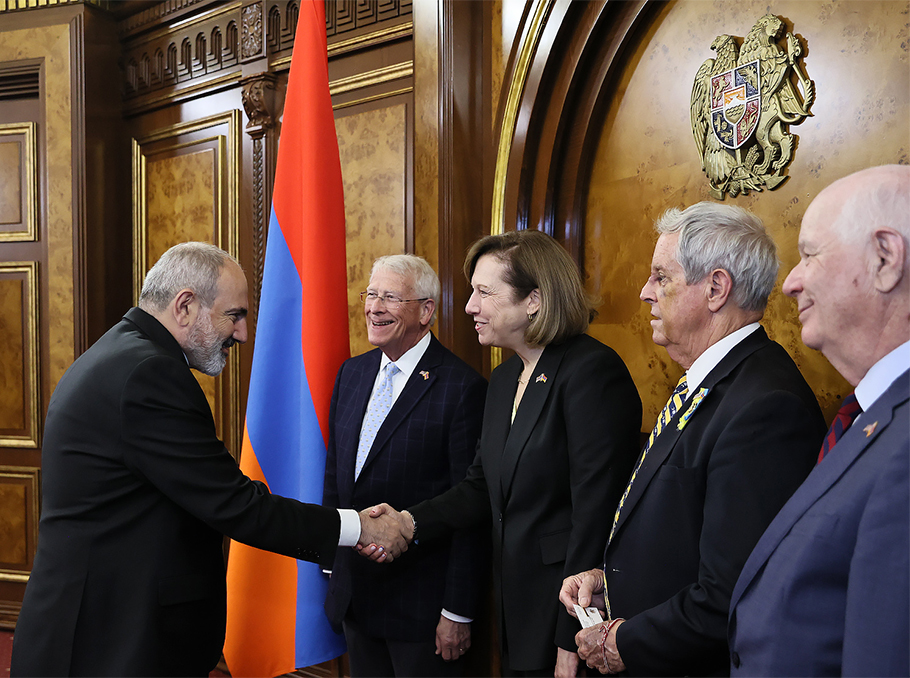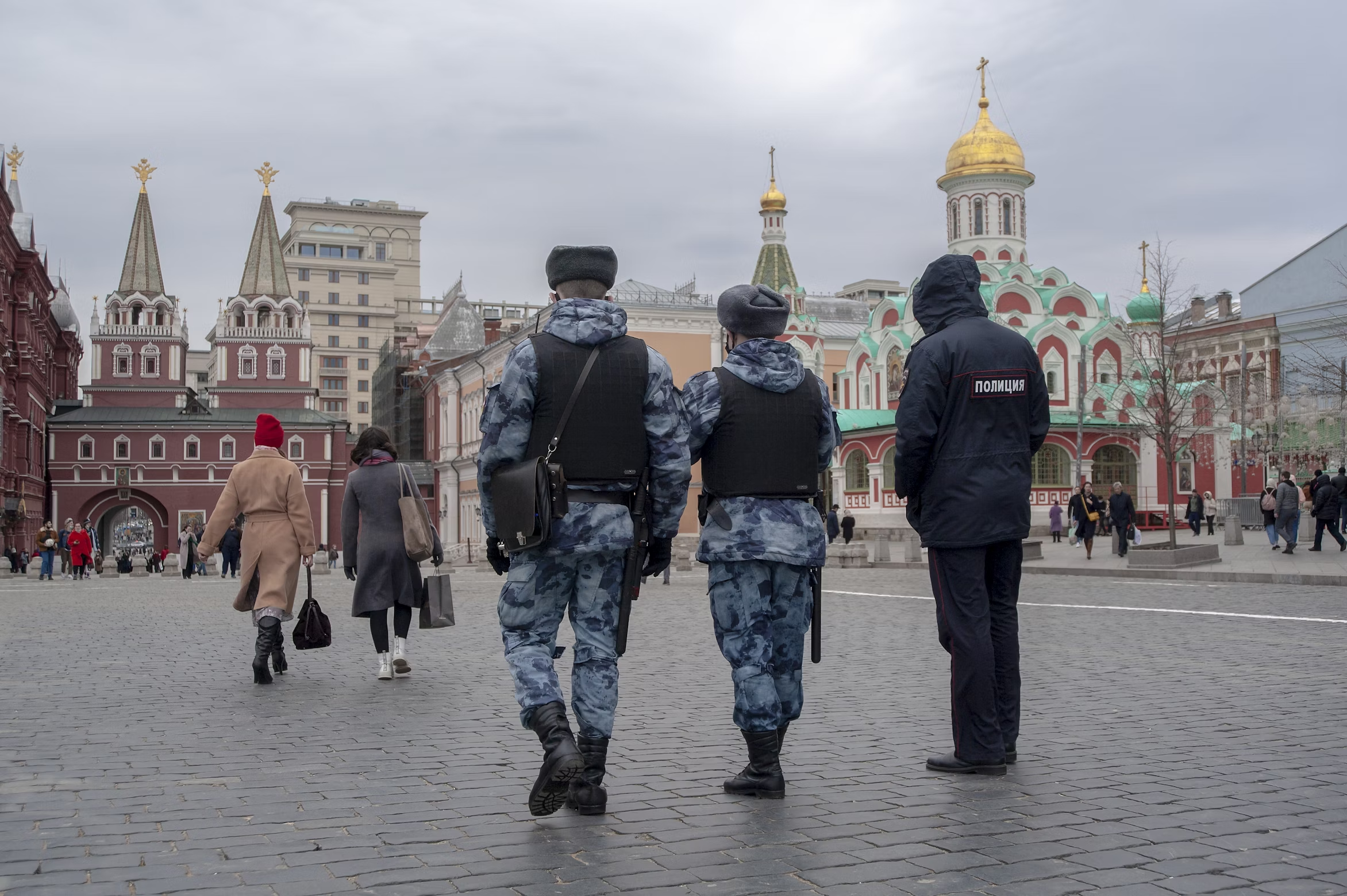Madam Speaker, I have just returned from official travel as Chairman of the Helsinki Commission to several locations in Europe and the Middle East. One stop was Kosovo, which is presently high on the international agenda. As we all know, the Special Envoy for the UN Secretary-General, former Finnish President Maarti Ahtisaari, has submitted a comprehensive proposal for settling the status of Kosovo. If adopted, the proposal would end the eight years of limbo in which Kosovo has found itself since the NATO intervention ended a long period of brutality and repression by Serbian authorities under the leadership of Slobodan Milosevic. Nevertheless, some countries represented on the UN Security Council have problems with the Ahtisaari plan, and Russian opposition, based at least in part on issues having little if anything to do with Kosovo and the Balkans, would doom action at the United Nations. Last week’s G-8 summit failed to break the impasse within the international community.
During my stay in Kosovo, I was thoroughly briefed by the U.S. Office in Pristina, led by Tina Kaidanow, as well as by Brigadier General Douglas Earhart of the 29th Infantry Division, who commands U.S. forces in Kosovo as well as multinational task force located in the southeast portion of Kosovo. The head of the OSCE Mission in Kosovo, German Ambassador Werner Wnendt, provided the perspective of one of the international missions in the field. I also had the opportunity to meet the Kosovo Prime Minister, the Minister for Communities and Returns and representatives of the Kosovo “Unity Team.” I traveled to Mitrovica where I also met representatives of the Serb community, and I visited areas at different locations where housing has been built to accommodate the return of those Serbs and Roma displaced by violence. Based on my observations, I support the Ahtisaari proposal. It provides for independence for Kosovo, which I believe can be justified on grounds of what happened in Kosovo under Serbian rule as well as the right of self-determination, a right included in the Helsinki Final Act. The overwhelming majority of the people of Kosovo want independence, and the United Nations made it a credible possibility in Security Council Resolution 1244, adopted at the end of the Kosovo conflict in 1999.
At the same time, and perhaps more important, the Ahtisaari proposal contains provisions regarding the decentralization of powers to Serb- majority municipalities, numerous human rights protections for ethnic communities, and the protection of religious and cultural heritage sites so important to the Serb community. If implemented, these provisions offer a good possibility for the Serb and other non-Albanian communities to survive in what would be a multi-ethnic Kosovo. Independence would be supervised by the international community, to ensure both a smooth transfer of authority and full implementation of the proposal. As Chairman of the Helsinki Commission, I remain naturally concerned about the human rights situation in Kosovo. My priority is a Kosovo where human rights and fundamental freedoms are respected, and where democracy, tolerance and the rule of law are established, regardless of the course or outcome of deliberations on Kosovo’s status. Such a Kosovo does not yet exist; many problems remain. I do believe, however, that in a situation where no answers are easily found the Ahtisaari plan has the best potential to achieve these goals, and I will work to ensure that the Helsinki Commission encourages their achievement even after status is determined.
I wish to conclude my remarks, Madam Speaker, by announcing my intention to cosponsor House Resolution 309, expressing the sense of the House that the United States should support independence for Kosovo. Some of the concerns expressed in an alternative piece of legislation, House Resolution 445, are ones that I share, but continued delay on this issue helps nobody on the ground. The Ahtisaari proposal, in addition to addressing status, provides a means for securing the return and sustainability of the Serb and other ethnic communities in Kosovo, and I believe the people of the region would be best served by trying to make its provisions a reality.










